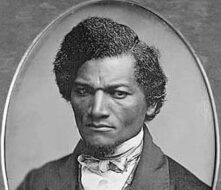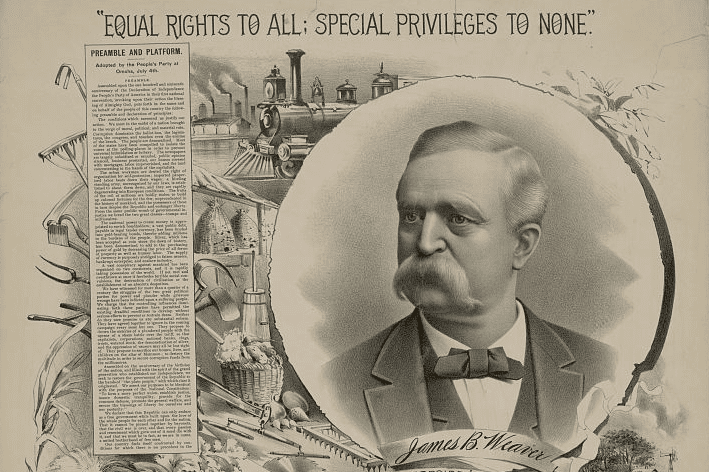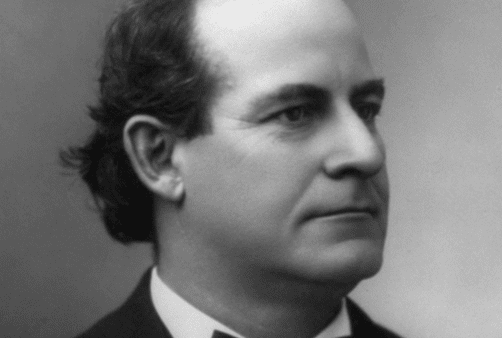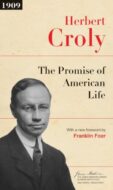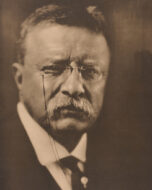One of our late semi-religious exchanges contains and editorial, in which the modern scientists, Huxley, Spencer, Darwin, cum suis, are taken to task for not being the same orthodox believers in the different dogmas of Christian theology as were Isaac Newton and the scientists of his time. The question is asked if the fame of the modern savants would not be just as great if, in religious matters, they had the faith of Newton; as if the opinion of a thinking being concerning such subjects was a matter of choice. The simple reason why men like Huxley are not as orthodox as similar men in the time of Newton is that we live now in the end of the nineteenth century, and that the world has progressed since Newton’s time. The best half of the present civilized population of this earth has commenced to see that blind faith in matters of religion is by no means a virtue, as was formerly believed, but that reason is a Divine gift to mankind, the use of which it is highly sinful to despise.
We may as well ask why so many prominent modern theologians, and even laymen (we will not mention names), are now-a-days not so orthodox, and why they have not the same views on many important points of doctrine as those of a few centuries ago. We may as well point to the fact that the blind faith of the middle ages is no more to be found in the Christian world, except perhaps in the Leontine city of Rome, and even there the motives of that faith are open to strong suspicion that it is not a faith adhered to for its own sake, but instigated by self interest.
The effect, of the whole editorial referred to, does not amount to anything, as in place of giving a single argument against the tendency of modern science, it consists of a long winded lamentation that religion is not made as much of, by the modern scientists, as it used to be in olden times; and that science in place of being the handmaid of theology, has since those times frequently arrogated itself to contradict its teachings. And this is true.
THEOLOGICAL ERRORS CORRECTED BY SCIENCE
Theology taught that the earth was flat, and supported on rocks, below which there were immense dark caves or spaces, the abode of evil spirits, while the firmament above was an arched vault supporting another immense space, full of light, the abode of the good spirits; science taught that the earth was round, in fact a sphere floating without support in space, and that the firmament was not an arched vault but surrounded the whole earth, and was an infinite space, full of suns and worlds.
Theology maintained that the earth was a stationary center around which the whole universe revolved; science took over. Theologians maintained, on the ground of the same tradition, which they continually have been misunderstanding and misinterpreting, that this single creative act took place six thousand years ago; but science produced relics of plants and animals which must have lived millions of years ago, while the circumstances and localities in which they were found proved that other millions of years preceded them.
In all these, as in every other instance, science has been triumphant, while theologians had to give in and acknowledge, however reluctantly, these triumphs; and notwithstanding they at first cried that religion was in danger, that they accused the scientists of Radicalism, Deism, Atheism, and hurled at their heads other accusations of the same sort, the only activity they exercise now, consists of attempts at reconciliation between science and theology; and this indeed is their legitimate calling.
In all the tumult created by this antagonism, which is unwisely kept up by a certain class of theologians, there is one great consolation. It is the consideration that the relative positions of theology and science have been changed since the time of Newton. Then the spirit of the tribunal which condemned Galileo still prevailed; every new scientific theory was tested by the teachings of the theologians of the day, and if these men decided that it was contrary to their doctrines, it was condemned; this being the spirit of the society which was under the tutelage of the clergy, no man, not even Newton, dared to be anything but orthodox. No doubt this had a great deal to do with the difference in the apparent theological opinions of the scientists of that time and of the present day, when science, by experience made conscious of her superiority, has lifted up her head, and in the place of being the handmaid of theology, and being judged by theologians, has placed herself in position to judge the teachings of theology, and to decide which are true and which are erroneous. Let the reader keep in mind that we speak of theology and not of religion.
We maintain that a scientist who devoted his life to the study of God’s own handiwork has more true religion and a more exalted idea of that mysterious Divine Being, who, with such wisdom, power, and superior conception of the truly beautiful, presides in the management of the infinite Universe, than the so-called theologian who, neglecting the study of God’s own handiwork, confines himself to the discussion of old obscure literary traditions. For our part, at least, we must confess that our religious feelings of awe for the Creator have often been severely shocked by visits to a certain theological seminary, on hearing the professor expatiate before his class of theological students, on the classified properties of God, what He is, and what life is not. To the scientist such a lecture is nothing but arrogance and blasphemy, and such lectures are, alas, occasionally propounded in some of our orthodox churches.





















